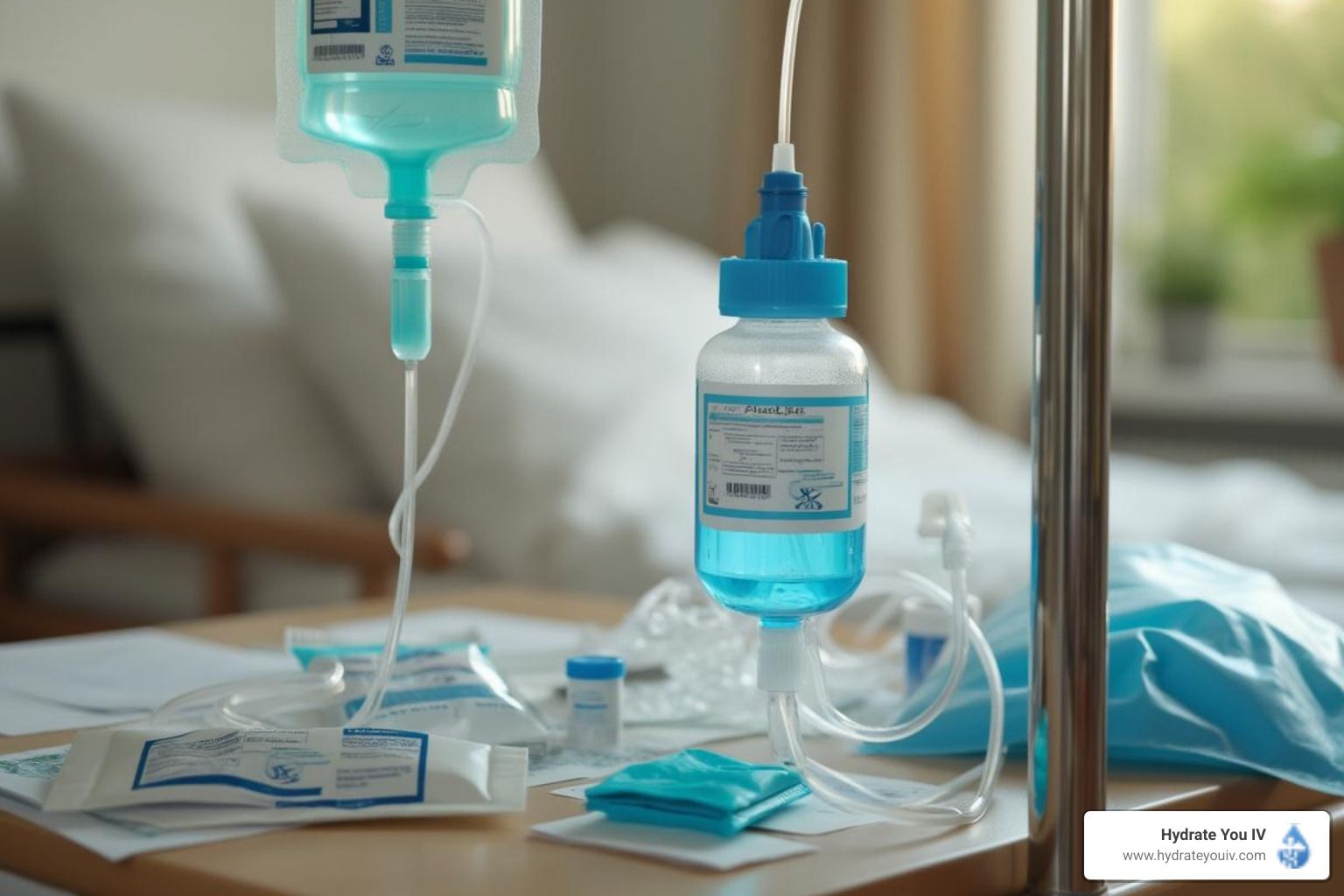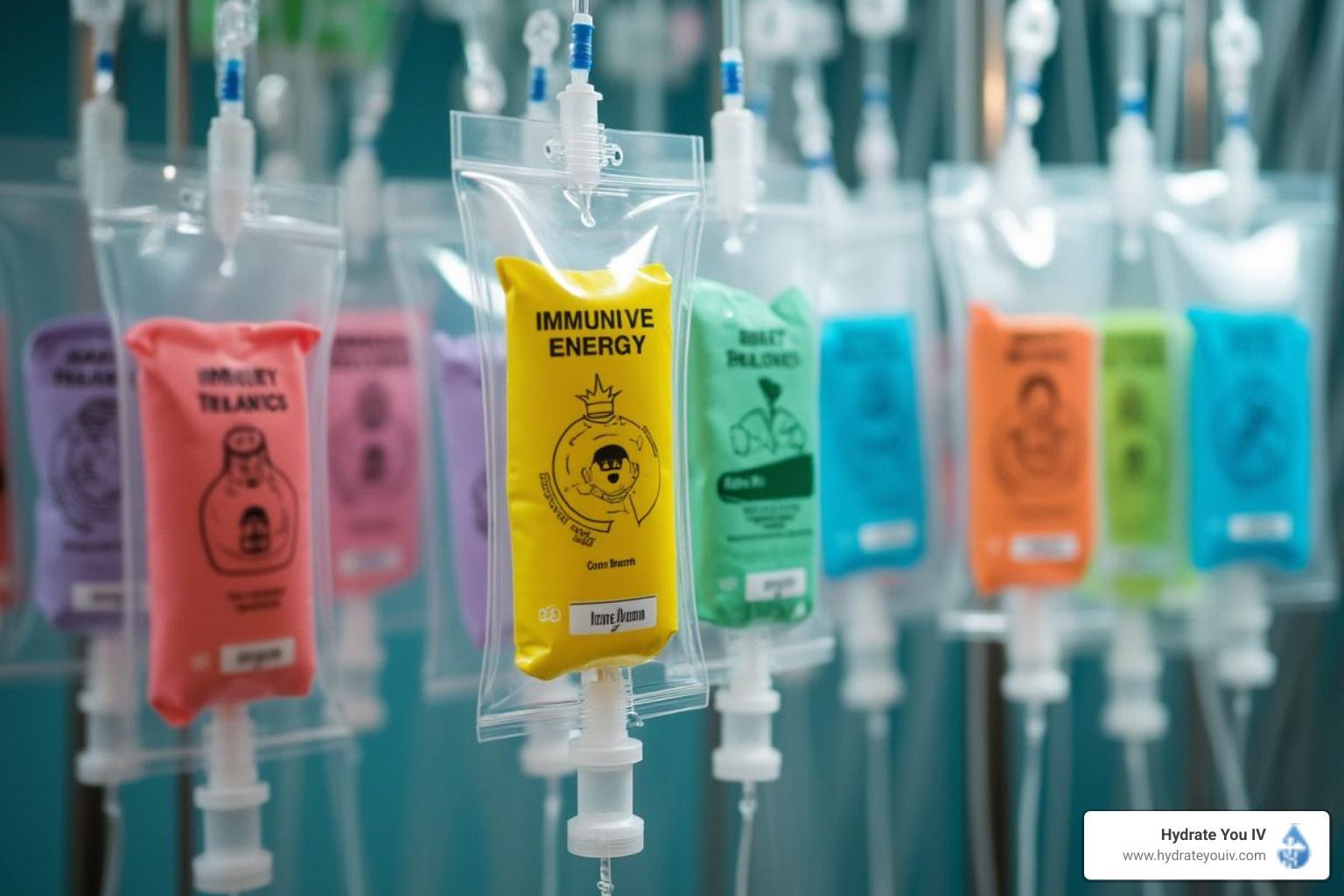NAD+ Benefits: Anti-Aging and Cellular Health Support Explained
NAD+ Benefits: Anti-Aging and Cellular Health Support Explained

Understanding NAD+ and Its Role in the Body
NAD+, or nicotinamide adenine dinucleotide, is a coenzyme found in every living cell. It plays a crucial role in metabolism, helping convert food into energy. This essential molecule exists in two forms—NAD+ and NADH. While NAD+ is the oxidized form, NADH is reduced. Together, they participate in redox reactions, critical in cellular respiration.
Beyond its role in energy production, NAD+ is integral to numerous biological processes. It influences cellular signaling pathways, DNA repair, and gene expression. This multifunctionality makes NAD+ a key player in maintaining cellular health and overall well-being.
The Biological Function of NAD+
At a molecular level, NAD+ functions primarily as an electron carrier in the chain of metabolic reactions. It accepts electrons during metabolic processes, becoming NADH, which then participates in ATP production—the energy currency of the cell. This transformation is vital for sustaining the energy demands of our bodies.
Moreover, NAD+ is involved in various enzymatic reactions including those catalyzed by sirtuins, a class of proteins associated with longevity. These proteins depend on NAD+ for their activity, linking it to the regulation of metabolism, stress responses, and DNA repair.
NAD+ and Cellular Health: A Deep Dive
Cellular health is influenced significantly by NAD+ levels. As we age or encounter environmental stressors, NAD+ levels tend to decline, impacting our cellular functions. The decrease in NAD+ availability correlates with various age-related diseases, such as neurodegeneration and metabolic disorders.
Maintaining optimal NAD+ levels can support cellular health and longevity. By facilitating effective energy metabolism and supporting DNA repair mechanisms, NAD+ plays a protective role in keeping cells functioning optimally.
The Anti-Aging Benefits of NAD+
Recent research has spotlighted NAD+ for its potential anti-aging properties. By enhancing the function of sirtuins, NAD+ can mimic some of the effects of caloric restriction, which has been shown to extend lifespan in various organisms. This has led scientists to explore ways to elevate NAD+ levels as an anti-aging strategy.
How NAD+ Slows Down the Aging Process
One of the most compelling ways NAD+ contributes to slowing down aging is through its role in DNA repair. As cells age, DNA damage accumulates, leading to cellular dysfunction. NAD+ facilitates the repair processes that correct DNA errors, thereby preserving cellular function.
Additionally, by promoting the activity of sirtuins, NAD+ assists in regulating inflammatory responses and stress. This synergy helps mitigate the effects of aging by supporting metabolic health and maintaining cellular resilience against age-related damages.
The Science Behind NAD+ and Longevity
Studies suggest that increasing NAD+ levels can enhance the body’s stress resistance, improve metabolic flexibility, and even promote neural connectivity. This has great implications for longevity as these factors influence overall health and resilience against age-associated diseases.
Notably, animal studies have shown that boosting NAD+ not only extends lifespan but also improves healthspan—the period of life free from serious diseases. This correlation underscores the potential benefits of NAD+ as a key player in the quest for longevity.
NAD+ and Cellular Health Support
Expanding on the benefits of NAD+, it’s crucial to explore how it specifically supports cellular health. The ability to regulate energy production and DNA repair translates directly into cellular longevity and function.
The Impact of NAD+ on Cellular Regeneration
NAD+ enhances cellular regeneration by facilitating the repair mechanisms needed to maintain cellular integrity. Cells undergoing damage can utilize NAD+ to expedite their repair processes, making them less susceptible to stress and environmental damage.
Furthermore, NAD+ supports stem cell maintenance, ensuring that the body can regenerate tissues effectively. By fostering a favorable environment for stem cells, NAD+ contributes significantly to overall health and vitality.
NAD+ and Its Role in DNA Repair
DNA is constantly exposed to various threats, including environmental toxins and natural metabolic processes. The repair of damaged DNA is crucial to preventing mutations that could lead to cancer or other diseases. NAD+ is essential for activating enzymes like PARPs, which play a significant role in DNA repair.
By ensuring that DNA repair processes are efficiently executed, NAD+ helps prevent the cellular aging process and maintains the health of individual cells. This aspect positions NAD+ as a promising target for therapeutic interventions aimed at reducing the impacts of aging.
Increasing NAD+ Levels for Health and Longevity
Given the critical role of NAD+ in health, many individuals are looking for strategies to increase its levels. There are natural ways to boost NAD+ production in the body as well as supplements available for enhancing its levels.
Natural Ways to Boost NAD+ Levels
Several lifestyle choices can naturally increase NAD+ levels. Regular exercise is one of the most effective methods, as it has been shown to enhance NAD+ synthesis. Additionally, consuming a balanced diet high in nutrients can also support NAD+ production.
- Foods rich in niacin, such as turkey, chicken, fish, and nuts, promote NAD+ synthesis.
- Caloric restriction has also been linked to increased NAD+ levels, encouraging a healthy metabolic rate.
- Fasting can trigger metabolic pathways that boost NAD+ levels.
Supplements and NAD+ Enhancement
Many supplements claim to elevate NAD+ levels, including nicotinamide riboside (NR) and nicotinamide mononucleotide (NMN). Research suggests that these supplements can effectively raise NAD+ levels within the body, potentially offering the benefits associated with increased NAD+.
It’s essential to consult healthcare professionals before starting any supplementation regimen to find the appropriate dosage and ensure safety.
Potential Side Effects and Considerations
While increasing NAD+ levels can offer several health benefits, it’s critical to approach supplementation cautiously. Understanding potential side effects and who should consider NAD+ supplementation is vital for making informed decisions.
Understanding the Risks of NAD+ Supplementation
Some individuals may experience side effects such as nausea, headache, or digestive discomfort when taking NAD+ supplements. These side effects are generally mild but can be concerning for some users. Always monitor your body’s reactions and consult with a healthcare provider if adverse effects occur.
Who Should Consider NAD+ Supplementation?
NAD+ supplementation may be particularly beneficial for older adults or those dealing with chronic health issues that affect cellular health. However, individuals with certain medical conditions or those taking medications should exercise caution and discuss with their physician prior to starting supplementation.
In conclusion, NAD+ is a vital molecule that supports cellular health and longevity. By understanding its roles and the ways to enhance its levels, individuals can take proactive steps toward optimizing their health as they age.











